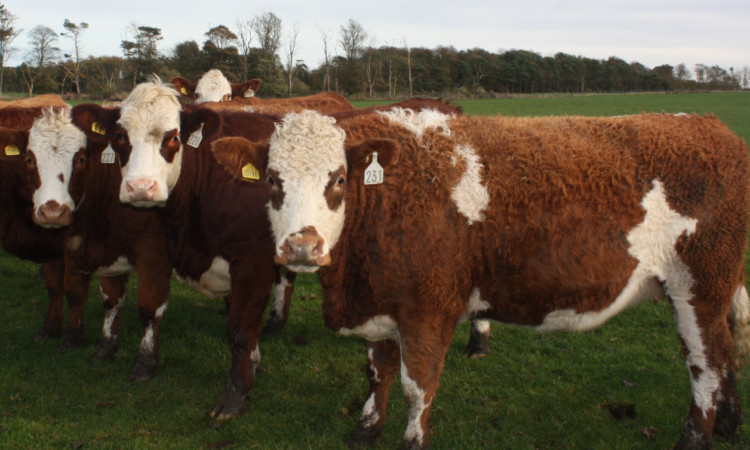It appears that large-scale uptake of electronic identification of cattle has moved a step closer, thanks to progress in Brussels.
The SNP’s Alyn Smith MEP, a member of the European Parliament’s Agriculture Committee, reported the news as he welcomed the final passage of new EU laws regulating the identification of cattle and a “common-sense approach” on the phasing in of electronic means of identification (EID).
The regulation, subject of years of inter-institutional negotiations, was passed by the full European Parliament on Wednesday night by 386 votes to 228.
It sets out a common technical standard and framework for electronic ear tags and ruminal boluses and it requires member states to develop the capability to implement the technology.
Critically, however, it makes the use of EID voluntary for farmers, unless their member state decides to make it mandatory.
The decision will surely come as a welcome relief for farmers after the debacle of mandatory EID for sheep. This has caused huge problems in Scotland simply because of the number of sheep involved in the country’s extensive flocks and the difficulties experienced with ear tag retention.
Farmers had always thought it odd that compulsory tagging and individual identification was introduced first in sheep where the benefits were hard to see. Ironically, cattle farmers, who had always been quite keen on EID as an alternative to paper passports, have not until now had a legislative framework to work with.
Mr Smith said: “This is a great piece of news for Scottish beef producers. It was important that lessons were learned from the fiasco which was sheep EID: expensive, unreliable technology, administratively burdensome and not even fully necessary to promote disease control.
“There was always a stronger case to begin with cattle, with electronic technology being more cost-effective and bringing associated economic benefits, such as better information for farmers about the state of their herd.
“I’m pleased that lessons have indeed been learned: the voluntary approach should mean that the uptake of the technology will be driven by farmers themselves based on actual benefits demonstrated from use of EID.
“Technology standards should be the same across Europe to encourage trade and it’s quite right that we have EU rules ensuring this.
“Overall a good night’s work for the beef sector, and a good example of how the EU really can add value.”
NFU Scotland president Nigel Miller said: “This is good news and moves the debate on cattle EID forward.
“It had become bogged down because other issues such as beef labelling andcloning were involved.
“Now that these have been hived off, we can make progress on EID but we still need to see technical proposals.
“There are various standards of tags and we have to make sure that the ones used are capable of carrying formal identification data and not just management details.
